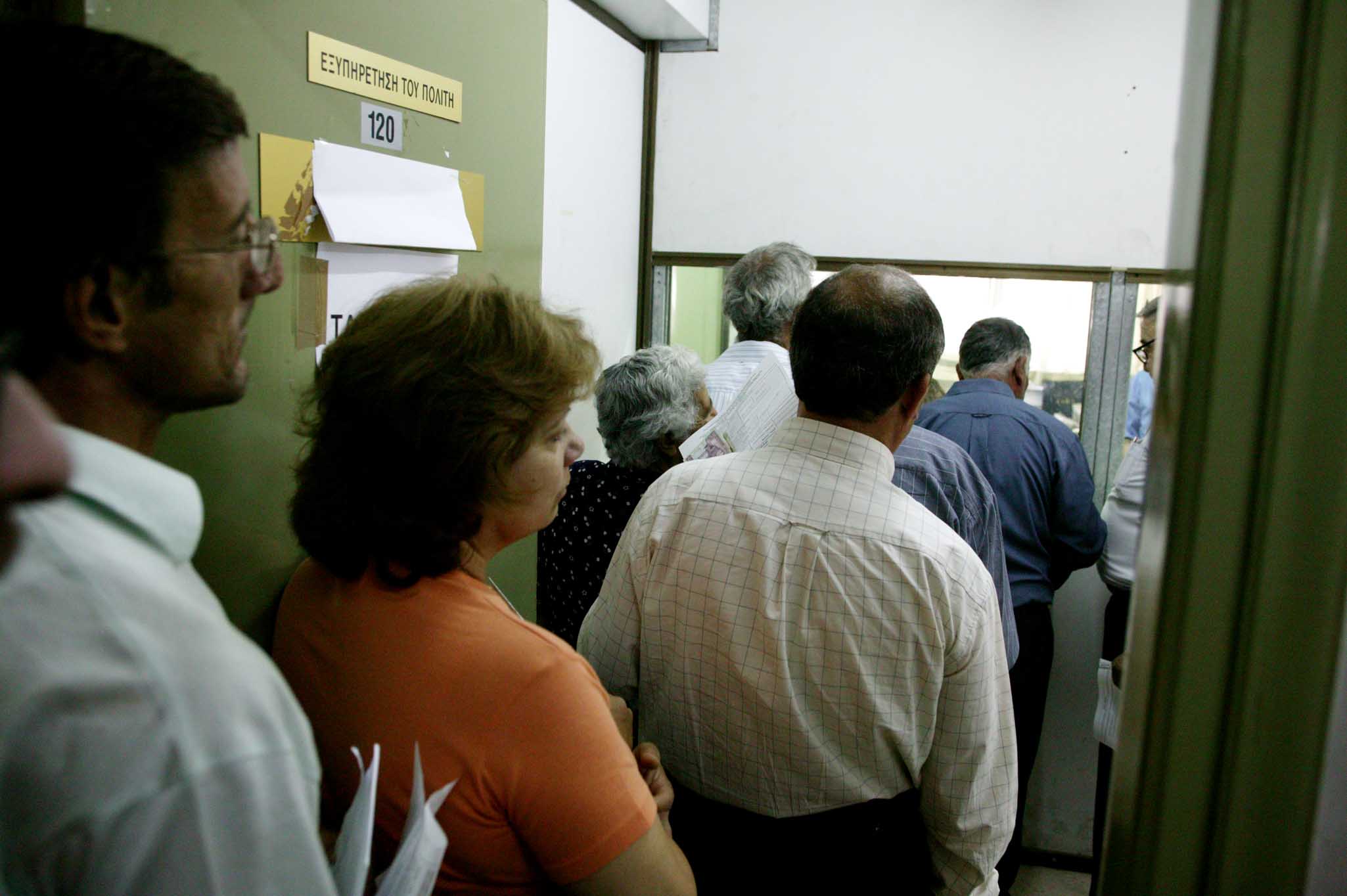But a recent Cyprus court ruling may pave the way for Turkish Cypriots to take their cause to the European Court of Human Rights
By Aylin Zeybek
As a starting point, the most important and decisive element in granting automatic citizenship in Cyprus is having a Cypriot origin. According to the citizenship laws of the Republic of Cyprus, having Cypriot origin allows one to be granted citizenship. In principle, this rule should also extend to Turkish Cypriots born anywhere in Cyprus and to children who have at least one Cypriot parent.
All children have fundamental human rights, no matter where they are born or who their parents are, independent of their skin colour or nationality. However, certain Turkish Cypriots claim that in practice these rights are not afforded to them. More specifically, there are claims that the application of the citizenship laws in the Republic of Cyprus may result in a more discriminatory regime towards persons whose one parent is a Turkish national.
Article 109 of the Citizenship Law 141 (I)/2002 provides for the right to citizenship by birth or origin with an exception. It states that: “… this paragraph does not apply, unless the Council of Ministers otherwise wanted to order, in cases where the entry or stay in Cyprus of any of the parents of that person was illegal.” There is no doubt that this provision effects children who has the right to obtain citizenship through their Cypriot parent on the one side – but are denied because of the fact that their other parent is either a Turkish national or entered the island through illegal ways such as through the occupied north. Therefore, some children have trouble obtaining Cypriot nationality due to their “illegal” parent.
It is claimed that such provisions are directed towards children whose one parent is from Turkey and arrived in the occupied areas of Cyprus as a settler. Turkish nationals who migrated to the occupied northern area of Cyprus after 1974 and have found a family are considered to be “illegal settlers” by the Cypriot authorities and are believed to be a part of Turkey’s political agenda to change the demographic character of the island. Their presence is linked with a “well prepared plan of Turkey” to distort the population balance on the island between Turkish and Greek Cypriots in order to shift the balance of political power in Cyprus and exercise control over political life.
As a consequence, it can be said that granting citizenship under such circumstances became inseparable from the Cyprus conflict.
Persons whose one parent are considered to be “illegal” and other parent “Cypriot” claim that they are not able to obtain Cypriot citizenship at all. They say that when they make their applications for citizenship, they will be placed on a waiting list for an indefinite amount of time, be told to return at a later date or told that their application is pending. These claims have been in the news for a long time but received no attention only until a recent Administrative Court decision.
Recently the court ruled in favour of Turkish Cypriot plaintiffs who filed cases of administrative negligence against the state after having to wait for years for a response concerning their Cypriot citizenship. The court ruled that political uncertainty or talks are not an excuse to be used to not respond to requests. It said that Cypriot authorities acted in violation of the law by not responding to the requests within a reasonable period of time.
This decision gives a green light for those who have long been waiting for an answer on their citizenship application. Now, they will either obtain their citizenship or be rejected under the above mentioned “illegal parent” excuse. It is clear that Turkish Cypriots with one parent who is considered illegal under Cyprus laws are willing to fight this in court and even take their cases to the European Court of Human Rights (ECHR).
They claim that the citizenship law of the Republic of Cyprus is not compatible with the Republic’s obligations under the Article 14 and Article 8 of the ECHR, these being the prohibition on discrimination and the right to respect for private and family life and discriminating against them on the grounds of their parents’ legal status and other status.
It is very clear that in the very near future we will be seeing how the court is going to try and strike the balance between the political conflict and human rights.
As a final note it is important to state that this topic has been a matter of great curiosity amongst all Cypriots living on the island, of both communities, due to its political sensitivity. Correct implementation of this fundamental right would not only benefit individuals and society but would also pave the way to a more inclusive society in a post-conflict arena and maybe shed a light on how to resolve conflicts.
Aylin Zeybek is a trainee lawyer at Elias Neocleous & Co LLC







Click here to change your cookie preferences